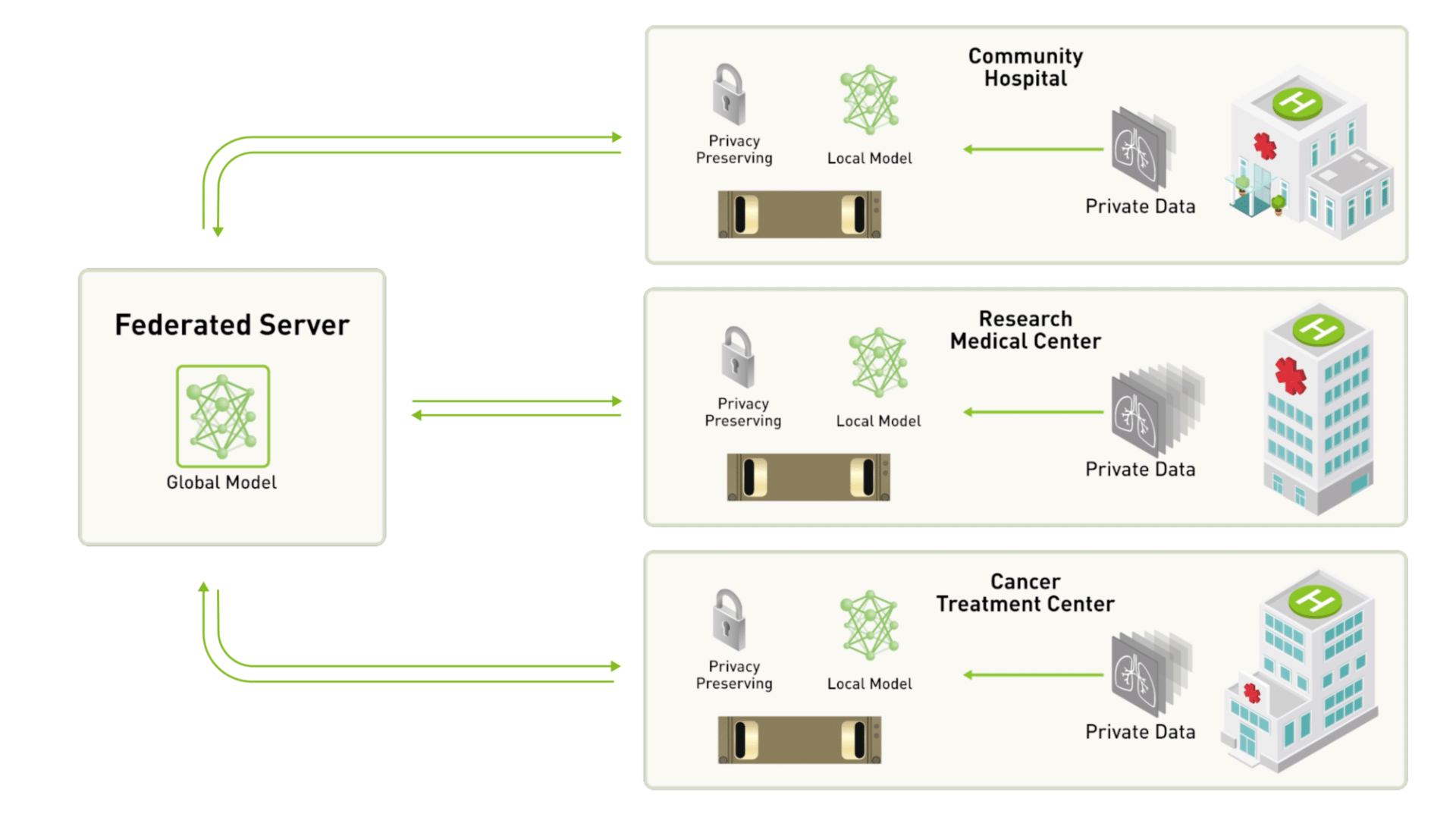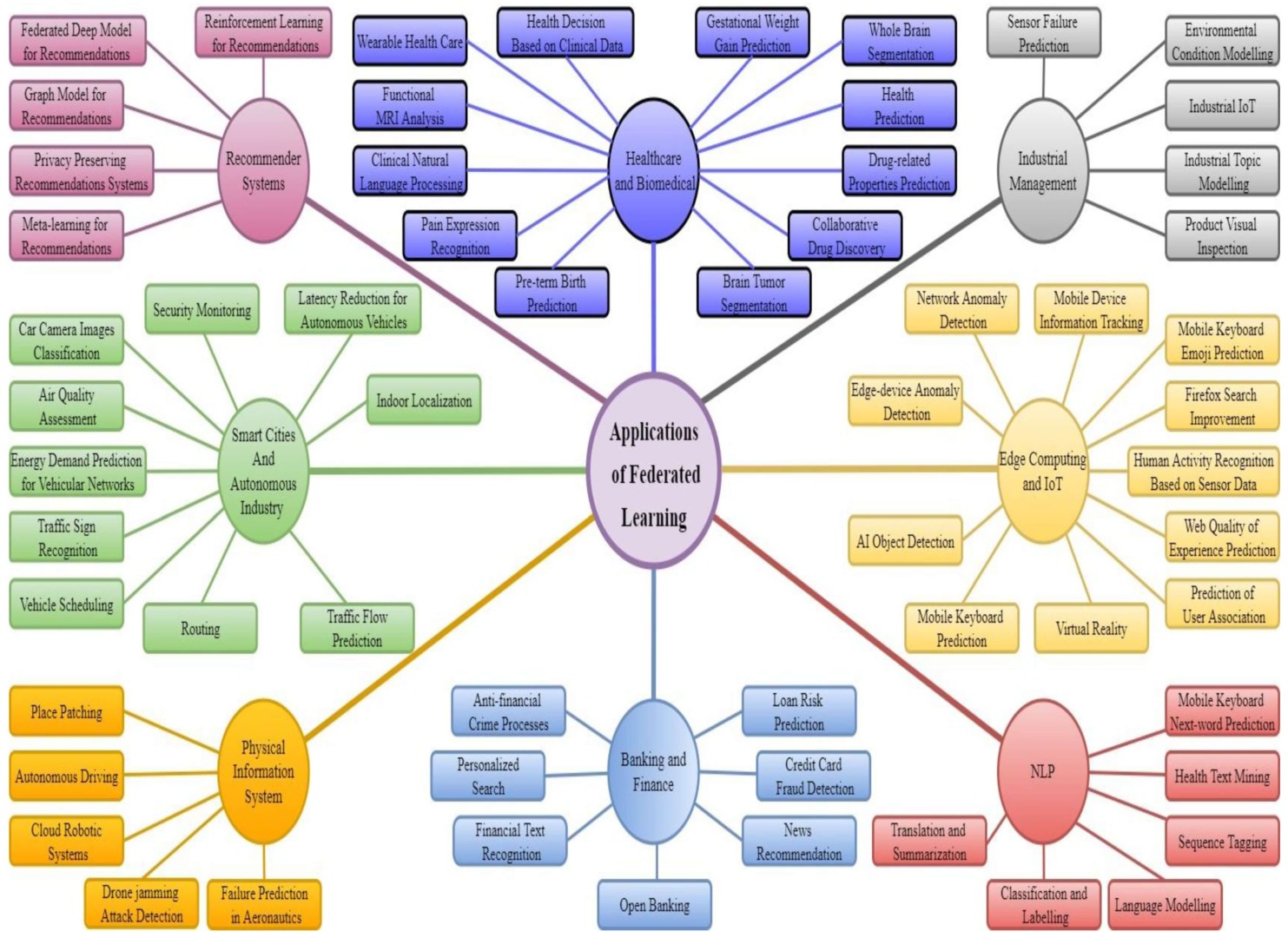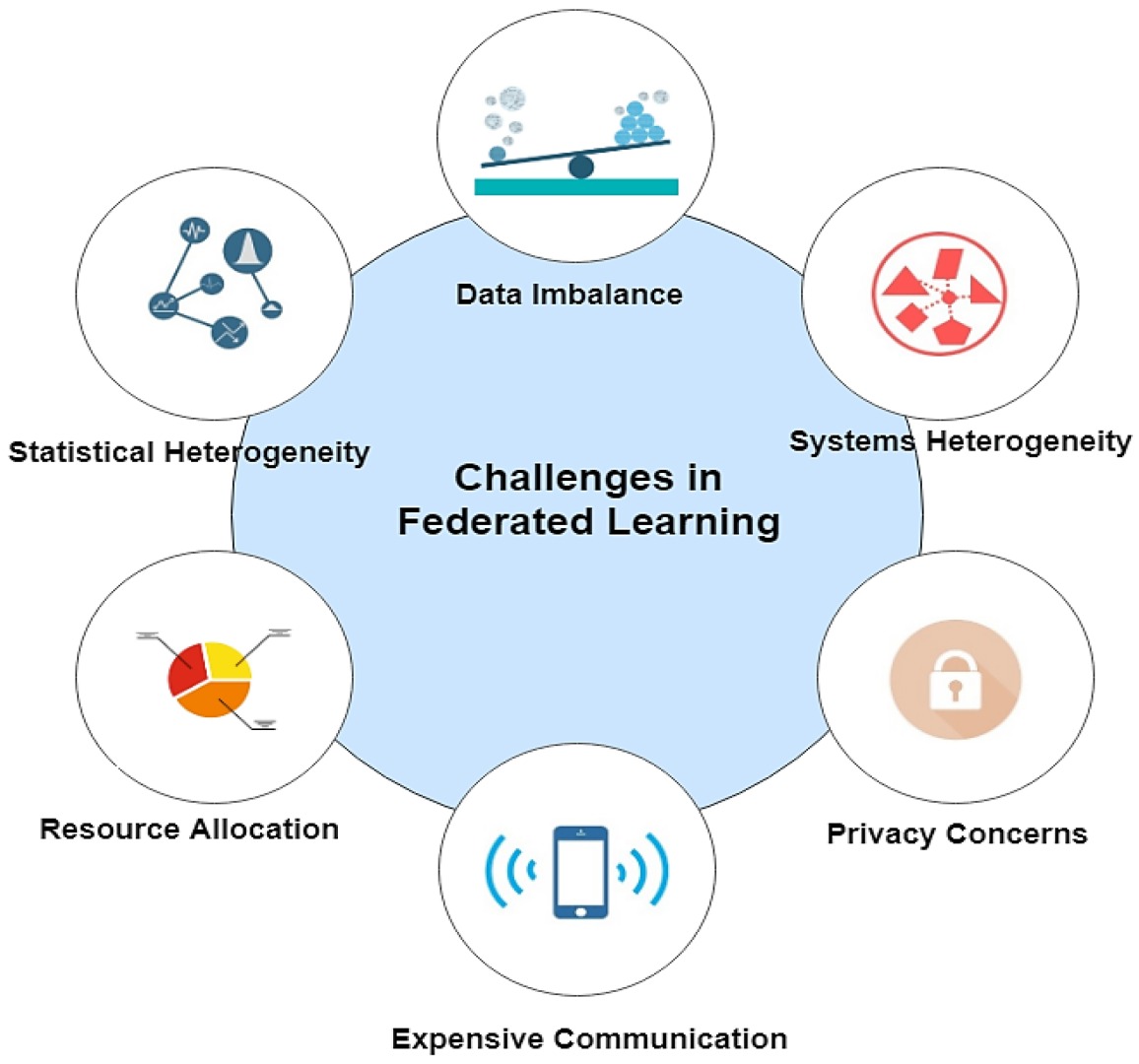Comments
- No comments found

In today's data-driven world, the potential of artificial intelligence (AI) is immense, but so are the concerns over data privacy and security.
Enter federated learning, an innovative approach that combines the power of AI with a commitment to preserving individual privacy. As data breaches and privacy violations continue to make headlines, federated learning is emerging as a game-changing solution that enables AI models to learn from decentralized data sources without compromising sensitive information. This article delves into the world of federated learning, its applications, benefits, and the potential it holds for revolutionizing AI while upholding privacy standards.

Federated learning is a decentralized machine learning technique that allows multiple devices or data sources to collaboratively train a shared model while keeping data localized. Instead of sending raw data to a central server, the model is trained on-device, and only the model updates are transmitted back to the central server. This approach minimizes the risk of exposing sensitive information and addresses concerns about data privacy and security.
Data privacy is a growing concern as personal and sensitive information is increasingly shared and processed by AI systems. Federated learning addresses this concern by keeping data at its source – on individual devices, edge servers, or even within organizations. This ensures that data remains under the control of the data owner, reducing the risk of unauthorized access and breaches.

Federated learning's privacy-preserving nature opens the door to numerous applications across various industries. In healthcare, for instance, hospitals can collaborate on training medical AI models without sharing patient data. Financial institutions can detect fraudulent activities across different branches while protecting customer transaction details. Even in smart cities, data from various sensors can be used to optimize urban planning without revealing specific location data.
The concept of federated learning highlights the delicate balance between technological advancements and ethical considerations. As AI capabilities continue to evolve, so do concerns about the misuse of personal information. Federated learning addresses this balance by enabling AI progress while ensuring data subjects retain control over their information.

While federated learning offers promising solutions, it's not without challenges. The approach requires efficient communication mechanisms, model aggregation techniques, and strategies for handling heterogeneous data sources. Researchers are actively working on refining these aspects to make federated learning even more practical and effective.
Federated learning is ushering in a new era of privacy-preserving AI. As data privacy regulations tighten and individuals become more conscious of their digital footprint, this paradigm offers a way to harness the power of AI while respecting personal privacy. From healthcare to finance to various IoT applications, federated learning holds the potential to reshape industries by leveraging collective intelligence without compromising individual data. As this innovative approach gains momentum, it's poised to transform the AI landscape, creating a future where privacy and technological progress coexist harmoniously.
Leave your comments
Post comment as a guest